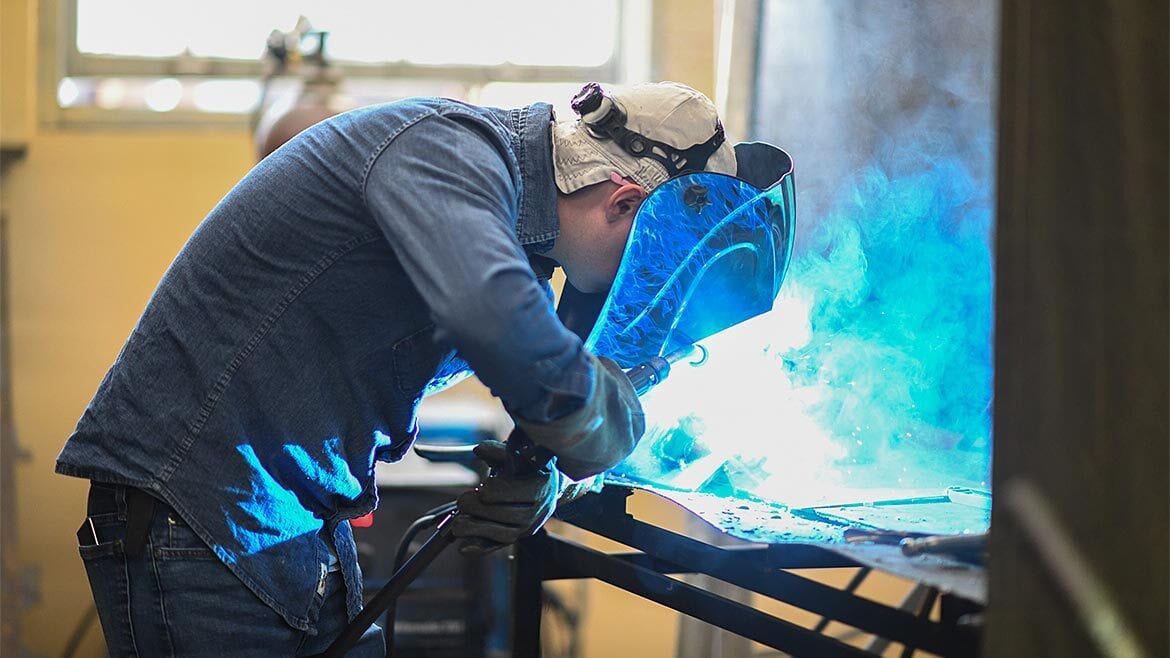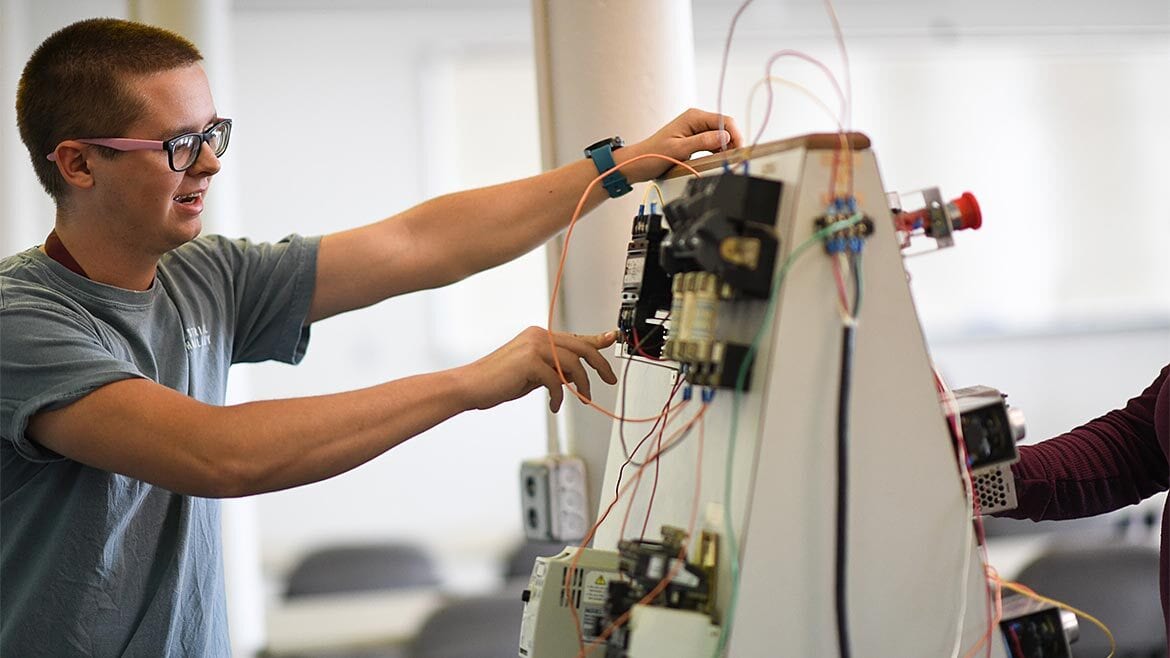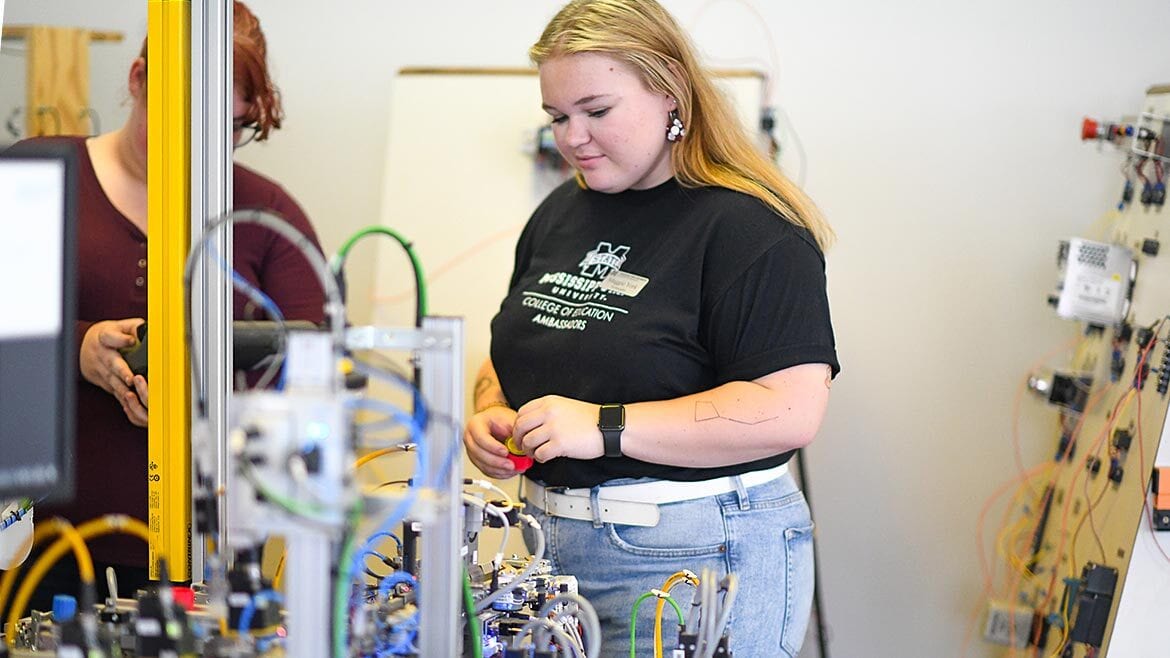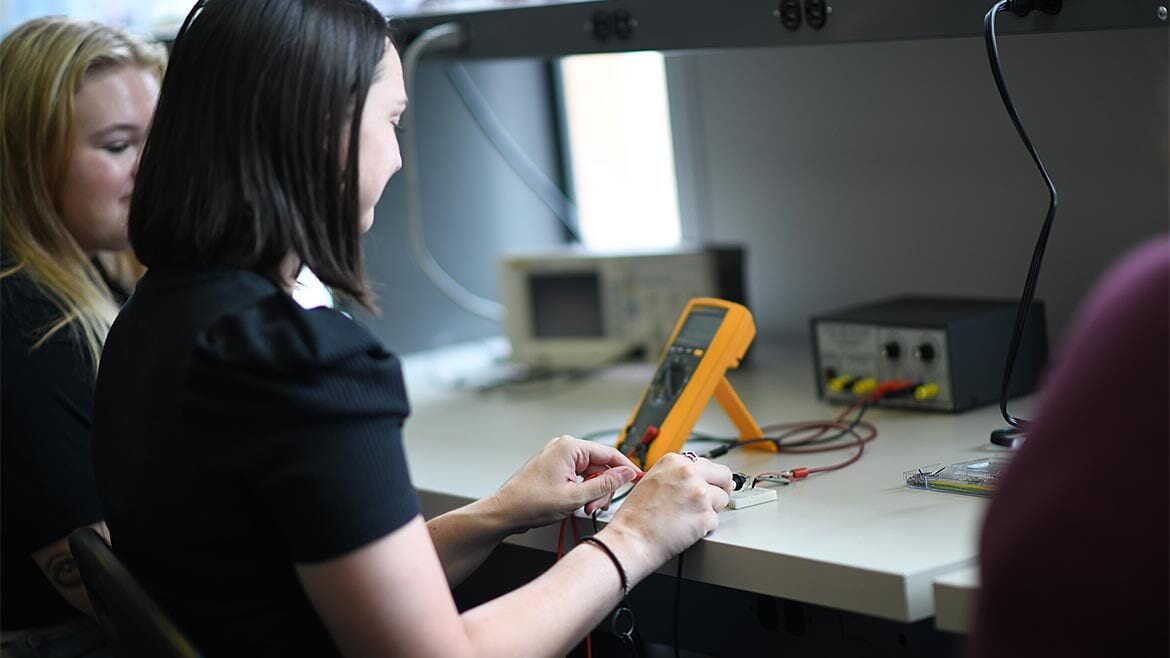Column
Lara Threet
Column | Lara Threet
With the importance of quality in manufacturing, how do we prepare the future workforce for the field?
Teaching Quality in Higher Education

Quality is imperative for today’s manufacturing sector. Quality plays a role in everything from cost to manufacture to sales to reputation of the company. We all can think of any product and think of a company with excellent quality and a company with poor quality. With the importance of quality in manufacturing, how do we prepare the future workforce for the field?
At Mississippi State University, the Industrial Technology program strives to be a hands-on bachelor’s degree for students who want to enter any area of industry. The degree program offers a variety of opportunities to “specialize” in automation, coatings, machining, packaging design, and process technology. The degree is structured to allow students to be “pluggable” in any company they desire to work. Students are introduced to the basics of multiple skills commonly found in manufacturing: PLCs, CNCs, technical communication, and drafting. They have management courses to help them be leaders in industry: human relations, forecast and cost modeling, and an option of financial accounting or business law.
How the Industrial Technology Program at MSU is Educating the Next Generation in Manufacturing
Learn how Mississippi State University strives to be a hands-on bachelor’s degree for students who want to enter any area of industry – and how your company can get involved. Lara Threet, program coordinator and instructor, industrial technology at MSU, explains how the program works, how she got involved in engineering, and the career she almost pursued instead.

They also take a quality class where students learn about philosophy and culture, statistical analysis, and experiment development. In addition to the Quality Assurance course, students have the opportunity to take a Lean Six Sigma course. This course is required for some concentrations, but it is an elective for everyone. This course is recommended to all students as a follow-up to the Quality Assurance course. In this course, students begin a deeper statistical analysis of collected data and learn how to measure errors. Students also learn about techniques used in industry to reduce the mixture of waste that can be found in manufacturing: kaizen, 5S, value stream mapping, etc. Students are prepared to take the yellow belt exam after completing this course. In all classes, troubleshooting is the underlying theme. How do we begin figuring out what is wrong? How do we begin to analyze the collected data? What do we do with this new information?





It is not all about lecture in the classroom. The Industrial Technology program, as stated above, is very hands-on. The faculty work hard to include as many project-based learning opportunities as possible. In addition to developing projects, the faculty work closely with the advisory board and other industry partners to create projects that are based on real-world problems. This helps students make theoretical connections to real-world problems while they still have the safety net of the classroom. The projects do not end in the classroom, the data and proposals are shared with the industry partner to take back to implement.
During these projects, students work closely with industry in addition to their classmates. By designing projects with industry, it provides the students the opportunity to network with different industries. Networking is crucial to landing their first job! The Industrial Technology program boasts a 94% job placement rating, in the field, six months after graduation. One way this is achieved is by creating opportunities for students to engage with industry around the southeast United States. While employers are found across the country from Alaska to Hawaii to Florida, those in a four-hour travel radius are the most active with the program.
The Industrial Technology program at Mississippi State University is an unique opportunity for students to gain practical experience while in the classroom. Most may think of practical experiences with machines and tools. However, the same is needed for other knowledge bases, like quality. Not only does it break up theoretical lectures, but it helps the student make connections in the classroom before they enter the workforce. It may open a door to an unexpected career path.